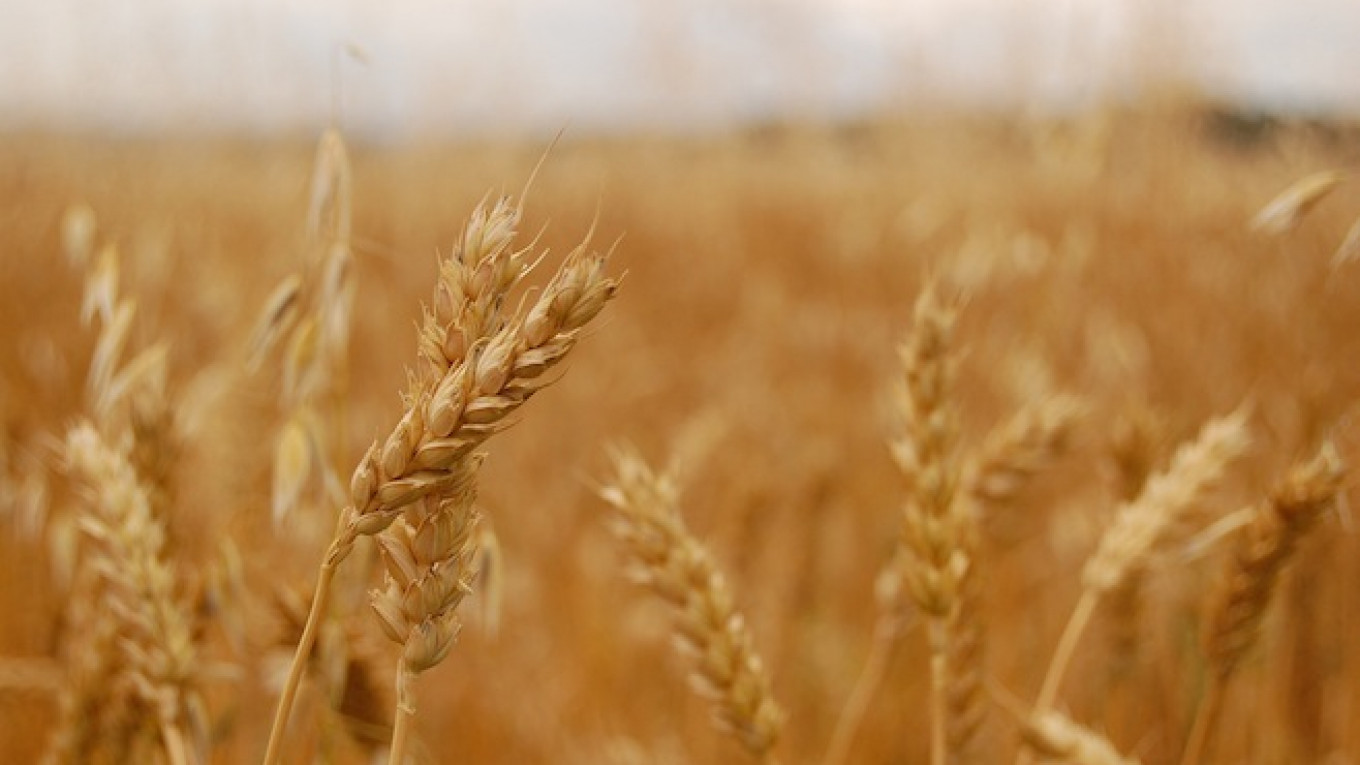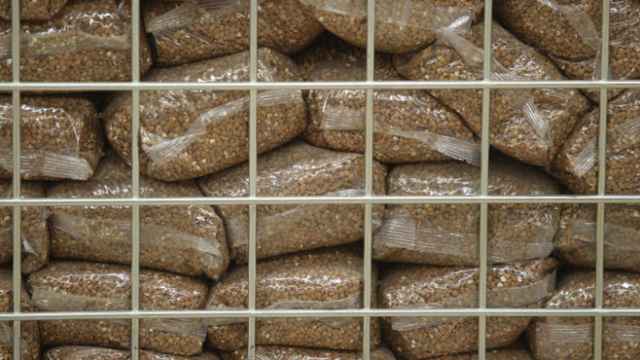CAIRO — Egypt expects to receive all the Russian wheat it bought for January delivery after assurances from Moscow that steps taken to cool domestic prices would not hit supplies to the world's biggest wheat buyer, Supplies Minister Khaled Hanafi said.
Russia, the world's fourth-largest wheat exporter, introduced the informal grain export controls this month. The move had raised concerns that Russia may fail to supply wheat to Egypt's state buyer GASC.
But Hanafi said Egypt would keep Russia as an origin in its import tenders as Egypt was exempt from the curbs.
"There is no problem until now and we have not received anything official from Russia contrary to this, so as we speak everything is going as usual," Hanafi told Reuters.
Nevertheless, Egypt had alternatives and would accept offers based on dependability as well as cost, quality and timing, he said.
Egypt imports more than 10 million tons of wheat annually, with international purchases split roughly in half between the state and private sector. Its large state-buying tenders can move global wheat prices.
Earlier this month, GASC bought 60,000 tons of Russian wheat for Jan. 21-31 delivery and 120,000 tons for Jan. 11-20 delivery.
Hanafi told state newspaper Al-Ahram on Friday that Egypt expected to receive the 120,000 ton shipment as planned.
He said on Monday he had spoken to Russian officials by telephone last week and received no indication that the 60,000 ton contract would not be honored, though he had not had specific conversations about that cargo.
Hanafi said Russia's export restrictions showed that Egypt should pursue its plans to build a commodities re-export and storage hub on the Mediterranean to help minimize exposure to market volatility.
Egypt unveiled in October a massive project to boost efficiency and slash its $4.5 billion annual food import billion. Multinational commodities companies say they worry about the plan's ambition and lack of detail.
Hanafi said he saw potential for partnerships with major grain exporters like Russia in the planned hub, though he gave no details on how this would work.
"This proves that we have to have this hub. We must expect anything in the future and if we are safe and secure with this hub we are not going to be vulnerable to any fluctuations in the market," he said.
"We might collaborate given the international conditions now … Egypt has a special relationship with Russia … there is great room for a win-win," Hanafi said.
A Message from The Moscow Times:
Dear readers,
We are facing unprecedented challenges. Russia's Prosecutor General's Office has designated The Moscow Times as an "undesirable" organization, criminalizing our work and putting our staff at risk of prosecution. This follows our earlier unjust labeling as a "foreign agent."
These actions are direct attempts to silence independent journalism in Russia. The authorities claim our work "discredits the decisions of the Russian leadership." We see things differently: we strive to provide accurate, unbiased reporting on Russia.
We, the journalists of The Moscow Times, refuse to be silenced. But to continue our work, we need your help.
Your support, no matter how small, makes a world of difference. If you can, please support us monthly starting from just $2. It's quick to set up, and every contribution makes a significant impact.
By supporting The Moscow Times, you're defending open, independent journalism in the face of repression. Thank you for standing with us.
Remind me later.






